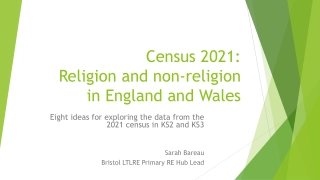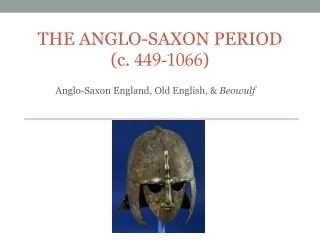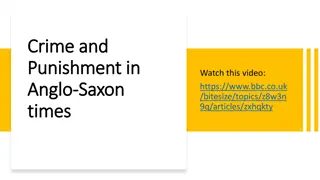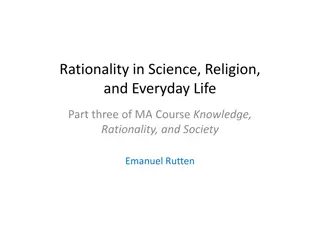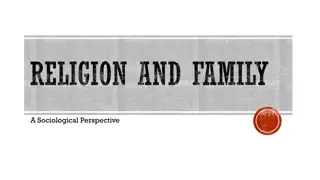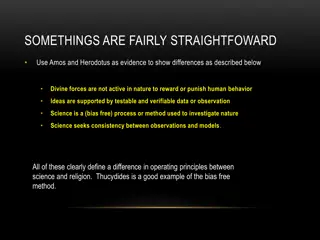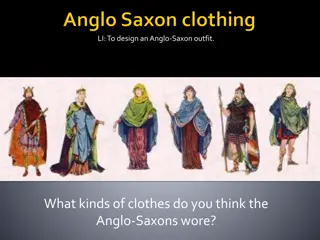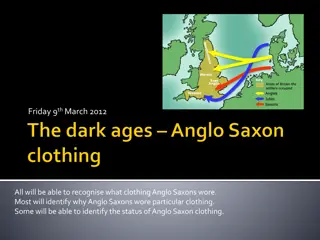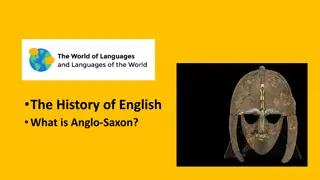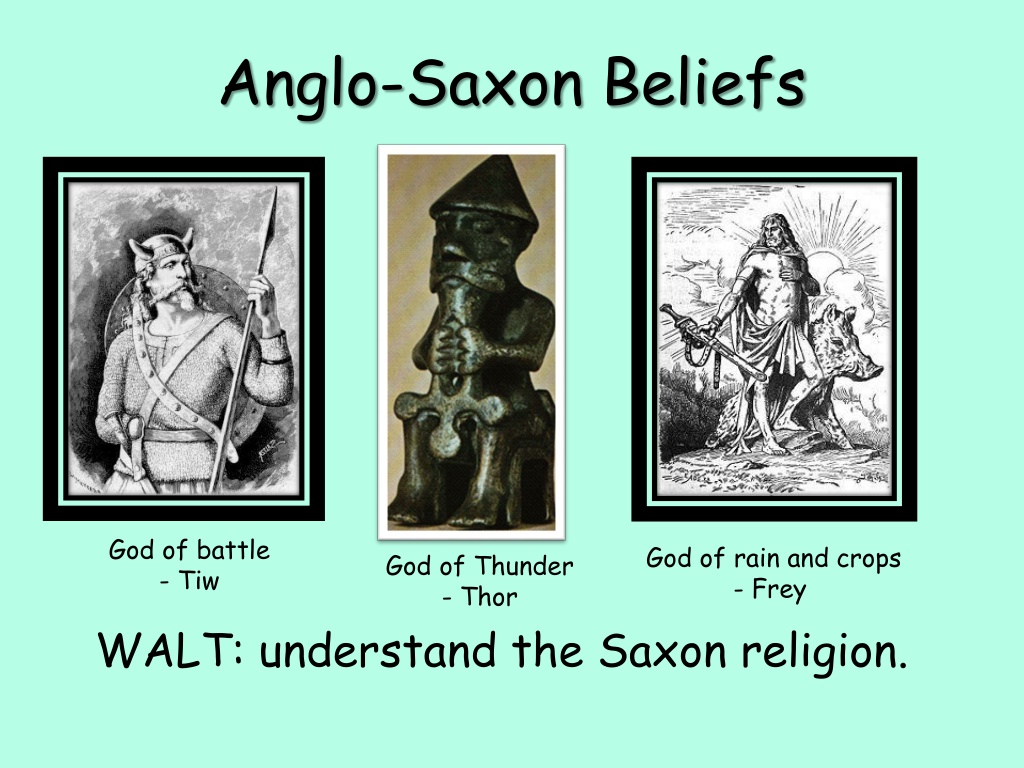
Anglo-Saxon Pagan Beliefs and Gods
Explore the pagan religion of the Anglo-Saxons who worshipped gods like Tiw, Frey, and Thor, each controlling different aspects of life. Learn about their beliefs, superstitions, and influence on our modern calendar days. Discover the origins of the word "Easter" and how the Saxons' pagan traditions shaped their society.
Download Presentation

Please find below an Image/Link to download the presentation.
The content on the website is provided AS IS for your information and personal use only. It may not be sold, licensed, or shared on other websites without obtaining consent from the author. Download presentation by click this link. If you encounter any issues during the download, it is possible that the publisher has removed the file from their server.
E N D
Presentation Transcript
Anglo-Saxon Beliefs God of battle - Tiw God of rain and crops - Frey God of Thunder - Thor WALT: understand the Saxon religion.
Pagan Religion The Anglo-Saxons were pagans, who did not believe in the Christian God. Gradually the Christians outside Britain returned to England and Scotland and began to covert the Picts, Scots and the Anglo-Saxons and after a while most of England became Christians. Each pagan god controlled a particular part of everyday life: the home, growing crops, healing, wisdom, metalworking, love, the weather, the family, war and day and night.
Pagan Beliefs..did you know Our word Easter comes from the name of the Anglo- Saxon goddess of the dawn, Eostre. When the Saxons first settled in Britain, they were pagans. This means that they worshiped lots of different gods. Their religion was called 'paganism'. The Saxons were very superstitious and believed in elves, goblins and dragons.
The Anglo-Saxons worshipped the gods Tiw, Woden, Thor and Frig. From these words come the names of our days of the week: Tuesday, Wednesday, Thursday, Friday. Most of the days of the week are named after Saxon gods. Can you work out which ones? Tiw day Woden s day Thunor s day Frig s day

